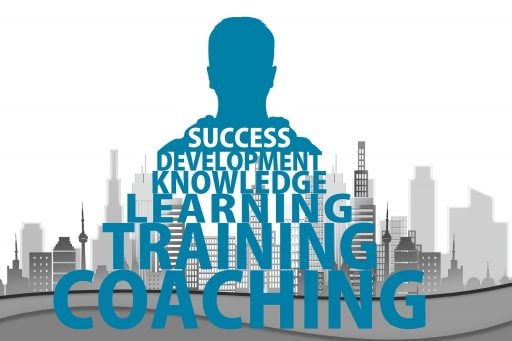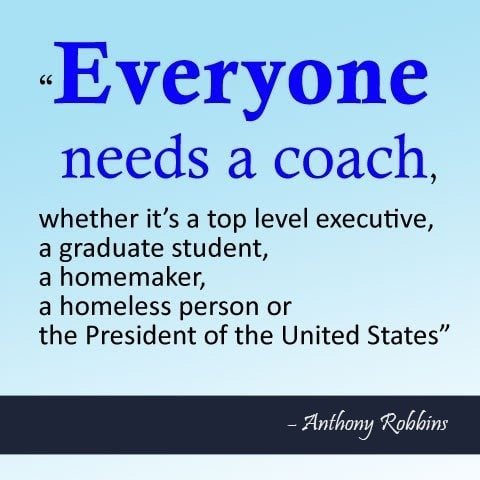Jan 17, 2024 in Coaching
Empowering Your Teen: A Guide to Navigating Individuation
Learn the key shifts to support their growth into successful adults, and foster meaningful conversations. Start now!
It's your turn now! Let's support each other by clicking "Helpful".
+1

DISCUSS #Relationship
DISCUSS #Parenting
Are you wondering why your teen suddenly wants nothing to do with you?
Your sweet child who once made you rub their back every night until they fell asleep may now barely even want to be seen with you. This is part of Surviving Your Teen’s Individuation Process, a complex developmental stage known as individuation.
It’s Not You, It’s Individuation
According to physician and psychiatrist Margaret Mahler, a child’s life begins in a symbiotic relationship with their primary caregiver before they eventually realize their separateness and form an autonomous identity.
This process of individuation often results in classic adolescent behavior: a need for space, an increased awareness of their peers, and volatile emotions. Sound familiar?
As difficult as it is for parents to feel their children drifting away, it’s important not to take it personally. Your child is going through a perfectly natural development in their lives—and it’s critical to give them the support they need so they can grow to be an autonomous and well-adjusted adult.
Add to myWE:
How can we Help Teens Become Successful Adults (and support ourselves) through this new phase of development?
What your child needs at age 7 will no longer apply to this stage in life. As our kids transition into adolescence and adulthood, we must make adjustments to our parenting, too.

3 Parenting Shifts to Support Your Teen’s Individuation
- The transition from “manager” to “consultant.”
As caregivers, we’re used to doing everything for our kids: feeding them, bathing them, tucking them in at night, and all things in between.
Now that your kid is a teenager, it’s time to step back from your managerial role. Your teen needs to learn How to let teens learn to be adults—so let them.
Fostering healthy autonomy involves giving your teen the space to make their own decisions, even if that means they dye their hair blue or pick a college far from home.
Of course, stepping back as a parent isn’t about becoming permissive or detached; it’s about taking on more of a consultancy role than a managerial role. The tradeoff when we let go of “power over” is that we gain influence.
Rather than giving directions, provide opinions or suggestions. Ask your teen questions instead of telling them what to do. Let them know that you’re there to guide them as they walk their own path.
- Encourage their curiosity about what’s fair and right.
Kids of all ages are deeply concerned with fairness. Just think about how many times you’ve heard your child shout, “It’s not fair!” over the years.
Why not put a positive spin on this preoccupation and encourage your teen to explore fairness and justice on a wider scale?
Talk to them about world issues like gender inequality and systemic racism. Understanding bigger concepts of fairness and unfairness will help them determine what’s fair and right in micro settings like school, friend groups, and even at home.
- Lean into the hard conversations.
Talking to your kid about topics like religion, politics, drugs, or sex can be uncomfortable—but these are the conversations you need to be having! Accept the discomfort and power through.
If, for example, you’re watching a movie and a controversial theme pops up, don’t just clear your throat and dismiss it. Encourage conversation, listen to what your teen has to say, and share your own opinion. Let them know you’re their safe space for addressing challenging topics head-on.
A child’s shift into adolescence and adulthood can be a tumultuous time. But if we commit to growing with them and shifting our parenting approach by Helping Your Teen Become an Adult and Adulting With Your Teen, we can help make this transition as smooth and manageable as possible.









 Thank you for your help!
Thank you for your help!